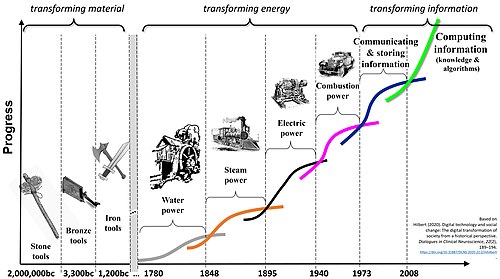I’m making tech levels for my sci fi world. It starts with the
Post-Information Age, which is around (2030-2050)
Next is the Fusion Age (2050-2100)
Next is the Nano Age (2100-2150)
Next is the Age of Ascendence (2150-2200)
Finally we have the Omnipotent Age (2200+)
For each age I need an entry(tries) for Transportation, Medicine, Weapons, Power source, Entertainement, Espionage, Agriculture, Construction, Robotics and Computers.
Can anybody help me? I’m looking for creative ideas.
Post-Information Age, which is around (2030-2050)
Next is the Fusion Age (2050-2100)
Next is the Nano Age (2100-2150)
Next is the Age of Ascendence (2150-2200)
Finally we have the Omnipotent Age (2200+)
For each age I need an entry(tries) for Transportation, Medicine, Weapons, Power source, Entertainement, Espionage, Agriculture, Construction, Robotics and Computers.
Can anybody help me? I’m looking for creative ideas.

 Dreamer
Dreamer Sage
Sage
 Istar
Istar